Share the page
Strengthening public governance - Our work and impact

Public governance issues – whether they concern the management of public finances, state reform and modernisation, migration, or human rights – have significant and long-term repercussions on the relationship of trust between society and the state, the economic health of regions, and the well-being of populations.
We recognise that these issues still pose many challenges for governments around the world and that international cooperation plays a decisive role in identifying medium- and long-term ways of improving public policy for good governance:
- In 2022 and 2023, low-income countries allocated an average of 7.5% of their budget to debt servicing – more than their spending on health and education combined (source: World Bank).
- 80% of countries experienced a decline in freedom of expression in 2022 (Amnesty International) and half of countries experienced democratic decline in 2021 (Global State of Democracy Institute - 2023).
- In 2020, the UN estimated the number of international migrants worldwide to be 281 million, or 3.6% of the global population (Source: United Nations, Population Division of the Department of Economic and Social Affairs - 2020).
- 46 countries have ratified the OECD Anti-Bribery Convention, which plays a key role in the fight against corruption in international business transactions.
As France’s international development cooperation agency, we help our partner countries and organisations to improve public governance at various levels through the implementation of technical cooperation projects that leverage French, European and international expertise in the countries in which we operate.
Our work to strengthen public governance and administration centres on five strategic areas. These are the management of public finances; justice; state reform and modernisation; migration and the fight against human trafficking; and human rights.
1. Management of public finances
As a key lever for financing effective public policies and delivering public services, the management of public finances also helps promote a climate of trust between governments and populations. It is in this context that we support our partners in the transparent and effective management and use of their domestic resources.
Our work has two key objectives: support the use of domestic resources with due regard for the technological, social and institutional considerations that this entails; and address issues of efficiency, transparency and accountability in the management of public finances.
2. Justice
As a fundamental pillar of the state and a guarantee of good governance, justice is intrinsically linked to the capacity of institutions to protect their citizens. Through our action, we support our partners in strengthening their legal systems, enabling them to deliver high-quality, effective justice that is accessible to all and which respects the principles of the rule of law.
Our projects pursue four strategic goals: improve citizens’ access to rights and justice; strengthen the independence and standards of the justice system; improve the administration of justice; and promote environmental and climatic justice, youth justice, and digital justice.
3. State reform and modernisation
As a public development cooperation agency, one of our missions is to support our partner countries in modernising their public administrations to strengthen citizens’ trust in their institutions. We do this by fighting corruption and promoting a more efficient and citizen-oriented administration, notably through the digitalisation of administrations.
We prioritise three key areas: support state reform by helping to strengthen and modernise civil services; support the digital transformation of our partner countries; and support decentralisation and devolution to bring citizens closer to public participation.
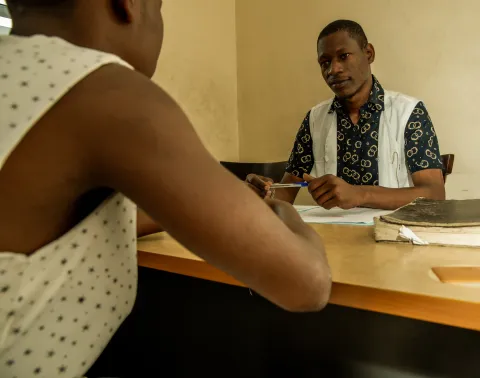 Saphir Niakadié
Saphir Niakadié
4. Migration and the fight against human trafficking
As a key governance issue and a driver of human, social and economic development for the countries of origin, transit and destination, migration presents a number of challenges for our partner countries. We therefore support them in strengthening their capacity to manage migration flows whilst respecting human rights and gender equality.
Our action centres on four strategic areas: mobility and circular migration; combatting trafficking and protecting migrants; return, reintegration, and inclusion; and human capital and the link between migration and economic or social development.
5. Civil society and human rights
Respect for human rights and the creation of a vibrant and diverse civil society are essential conditions for inclusive and resilient public policies, high-quality justice, and the establishment of lasting peace. We support our partner countries and organisations in strengthening their public policies to promote the emergence of just and peaceful societies, supported by effective and inclusive public institutions.
Our technical cooperation projects serve four strategic aims: strengthen legal and political frameworks; consolidate the human rights ecosystem; improve access to rights and the protection of people; and promote and raise awareness of human rights.
Our projects
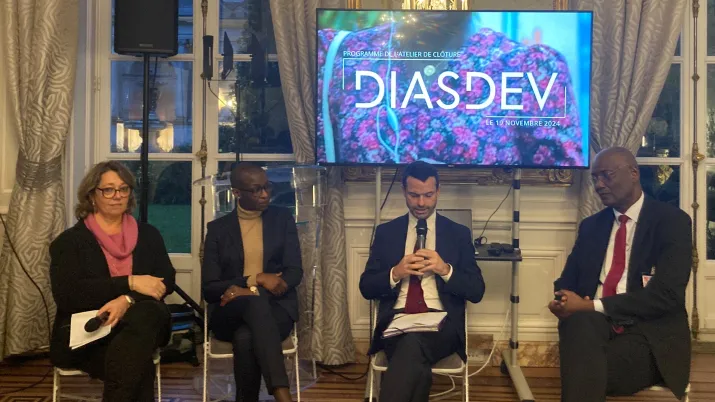

CEJ Balkans - Climate Environmental Justice Project in the Western Balkans
Ongoing
2024 - 2026
Funders : Agence Française de Développement
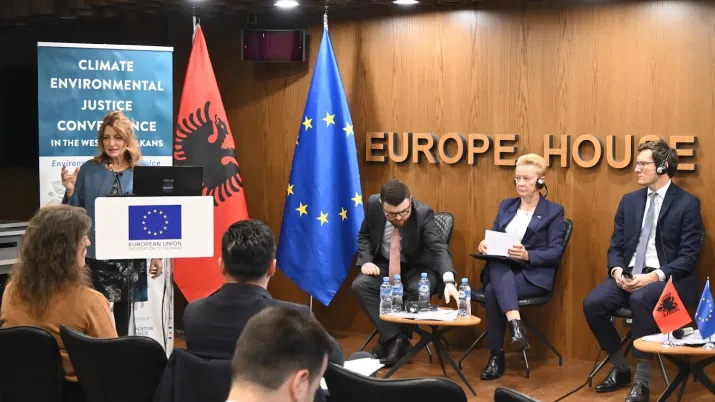
Newsroom on governance
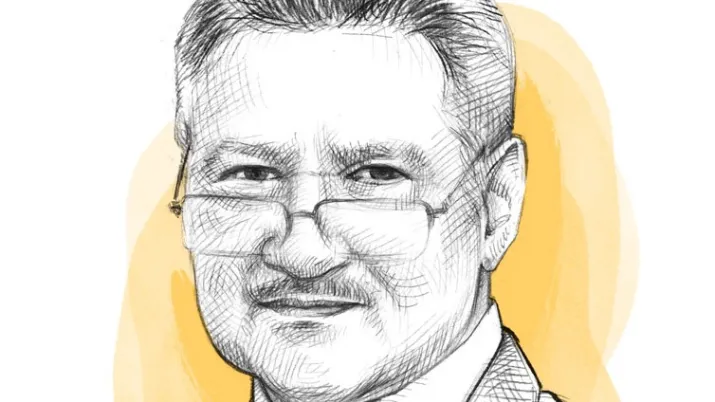
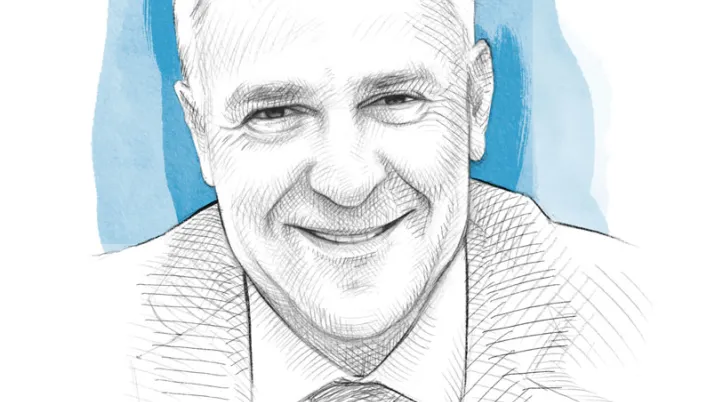
Key figures in 2024
- 1,398 organisations benefited from capacity-building initiatives in democratic, economic and financial governance
- 19k staff members from these organisations improved their skills and knowledge in democratic, economic and financial governance
- 178 binding documents on democratic, economic and financial governance were drafted or edited with the support of Expertise France

